How Parents Can Help Children Improve Their Memory and Excel in School
In today’s fast-paced world, it’s easy for both adults and children to feel overwhelmed by the sheer volume of information they encounter daily.
For children, this can manifest as difficulty remembering school lessons, resulting in lower grades and frustration. But just as adults can sharpen their memory with the right techniques, so too can kids.
Neuroscience expert Lisa Genova’s insights into memory formation and retention provide valuable tips for parents to help their children succeed academically while fostering meaningful memories.
Understanding How Memory Works
Before diving into specific strategies, it’s important to understand how memory functions. According to Genova, memory isn’t about recording every moment but rather about what we pay attention to and find meaningful. Here’s how it works:
- The Role of Attention:
The brain only stores information that we actively focus on. For example, if a child doesn’t focus on their teacher’s explanation during class, it’s unlikely that they’ll remember the lesson later. This isn’t forgetfulness but rather a failure to encode the memory in the first place. - The Role of Forgetting:
Forgetting is natural and helps us focus on what’s truly important. By forgetting unimportant details, the brain makes space for meaningful experiences and critical information. - The Brain’s Filters:
Memory is selective. It saves moments with emotional or sensory significance—like a fun science experiment in class or the smell of cookies during a holiday—while discarding mundane or repetitive details.
By teaching children about these principles, parents can help their kids understand that memory isn’t about perfection but about focus and meaning.
Why Children Forget – And What Parents Can Do
Children often forget because their brains are still developing and they may not know how to direct their attention effectively. Here are common reasons why children struggle with memory and ways to address them:
- Lack of Focus:
If kids are multitasking or distracted, they’re less likely to remember what they’re learning.
Tip for Parents: Create a distraction-free environment for studying. Turn off TV and smartphones, and set aside a dedicated time and space for homework and revision. - Stress and Overload:
High stress can impair memory. A child juggling too many activities might feel overwhelmed.
Tip for Parents: Encourage mindfulness techniques, like deep breathing or short meditation breaks, to help your child stay calm and focused. - Lack of Repetition:
Repetition strengthens neural connections, making it easier to retrieve information later.
Tip for Parents: Use fun, repetitive games like flashcards, quizzes, or songs to reinforce key concepts.
Practical Strategies to Boost Your Child’s Memory
1. Use Context and Associations
The brain remembers best when it can link new information to existing knowledge or experiences.
- Example: If your child is learning about the solar system, take them to a planetarium or watch a space documentary together. Relating facts to real-life experiences strengthens memory.
- At Home: Create memory triggers like rhymes, acronyms, or visual aids (e.g., diagrams or colorful flashcards).
2. Engage the Senses
Multisensory experiences enhance memory retention.
- Example: If your child is studying spelling words, encourage them to write the words in colorful ink, say them out loud, and trace the letters with their fingers.
- Extra Tip: Smells or music associated with a specific topic can help children recall lessons later (e.g., playing a specific instrumental track during math practice and using it again before a test).
3. Encourage Storytelling
Turning facts into stories helps kids retain information more effectively.
- Example: Instead of memorizing dry history dates, ask your child to tell the story of historical events like a narrative. “Pretend you’re a reporter covering the Boston Tea Party—what would you say happened?”
- At Home: Encourage your child to “teach” you what they learned in class that day. Explaining the material reinforces their understanding and memory.
4. Incorporate Repetition Creatively
Children need regular review to solidify memories, but it doesn’t have to be boring.
- Example: Use a “review box” system. Write facts or vocabulary words on cards, and periodically quiz your child on them. Rotate out the ones they know well and revisit others later.
- Digital Option: Use educational apps or online games that adapt to their skill level and reinforce concepts through fun challenges.
5. Document and Reflect
Journaling or documenting experiences helps children revisit and solidify their memories.
- Example: After a family outing, ask your child to draw a picture or write a short summary of their favorite part. These reflective moments make the experience more memorable.
- At Home or School: Encourage your child to keep a learning journal where they jot down what they understood from each subject daily.
6. Focus on Sleep and Nutrition
Memory formation occurs during sleep, and the brain needs proper fuel to function well.
- Tip for Parents: Ensure your child gets 8 to 11 hours of sleep depending on their age. Provide memory-boosting foods like blueberries, nuts, and fish high in omega-3 fatty acids.
Transform “Forgetting” into Learning Opportunities
Instead of reprimanding children for forgetting, use these moments as opportunities to teach. If your child forgets where they placed their homework or what the teacher assigned, ask reflective questions:
- “What were you doing before you started the homework? Could it be in that spot?”
- “Let’s think about your day—what did the teacher say just before the end of class?”
This approach not only helps them retrieve the information but also teaches problem-solving and organizational skills.
Final Thoughts: The Gift of Meaningful Memories
Improving memory isn’t just about helping children excel academically—it’s about giving them tools to create meaningful and enriching life experiences. Lisa Genova reminds us that our memories shape who we are.
By focusing on what matters most, we help our children cherish the present and build a rich mental library of both knowledge and joy.
As a parent, you can guide your child to embrace their memory’s potential. Whether it’s through creative repetition, multisensory engagement, or simply sharing a meaningful moment, you’re helping your child unlock the power of their mind.
Start today by creating a small, intentional memory together—after all, those moments are the ones that last a lifetime.


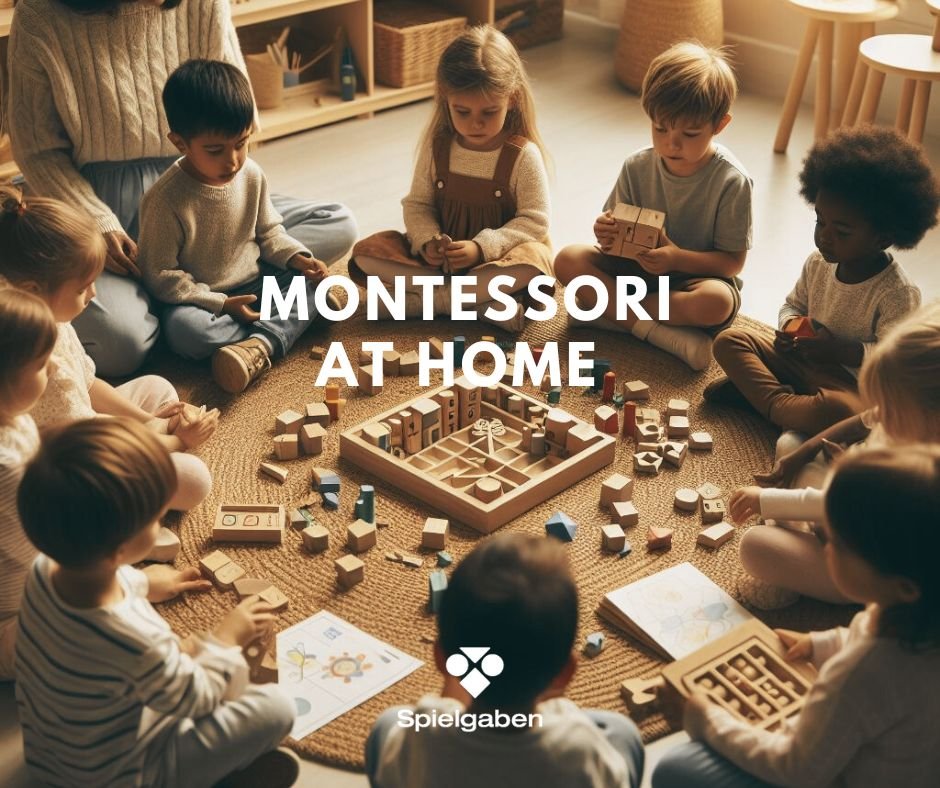
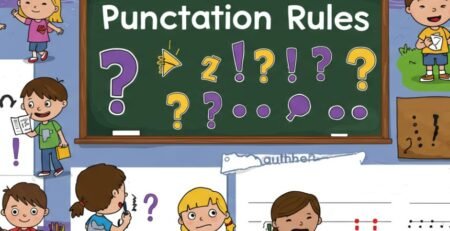

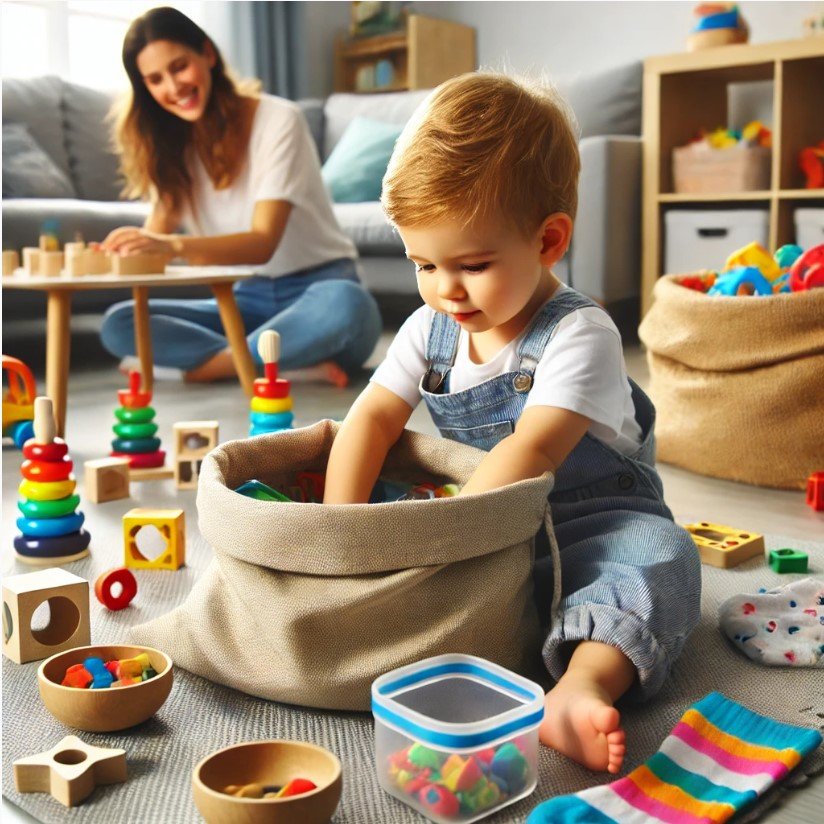
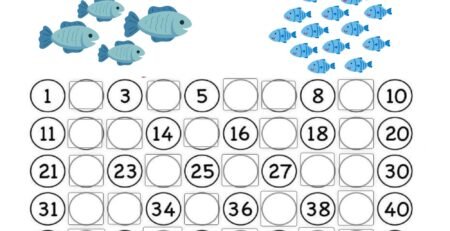

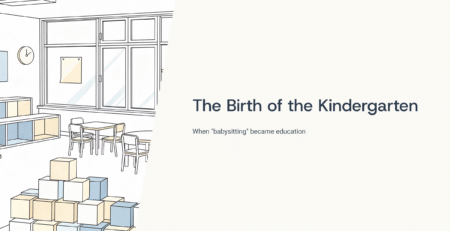
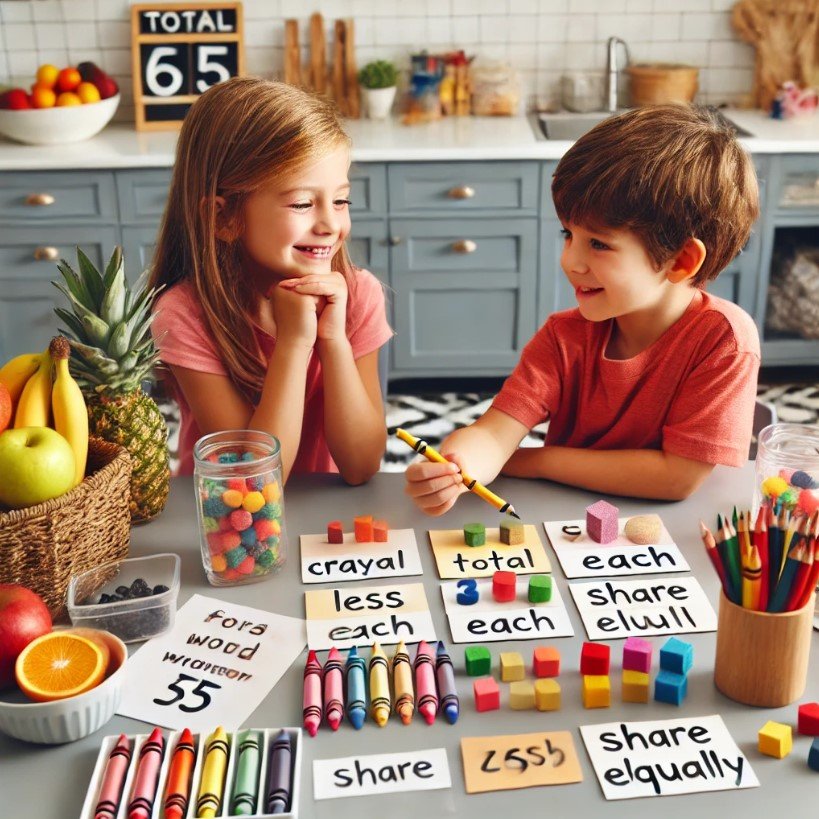



LEAVE A COMMENT